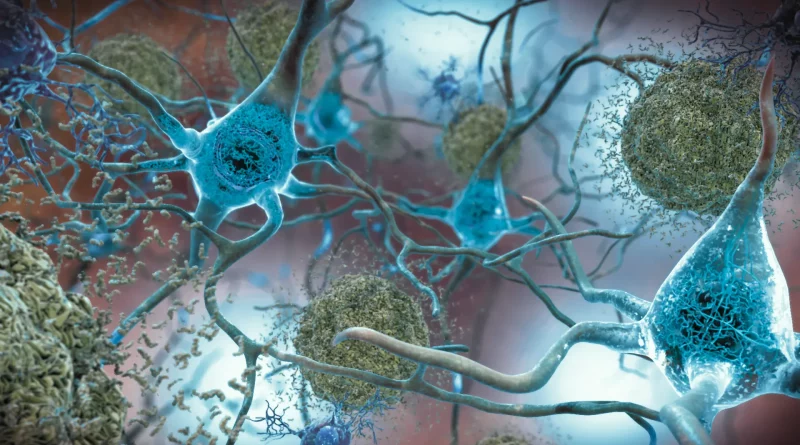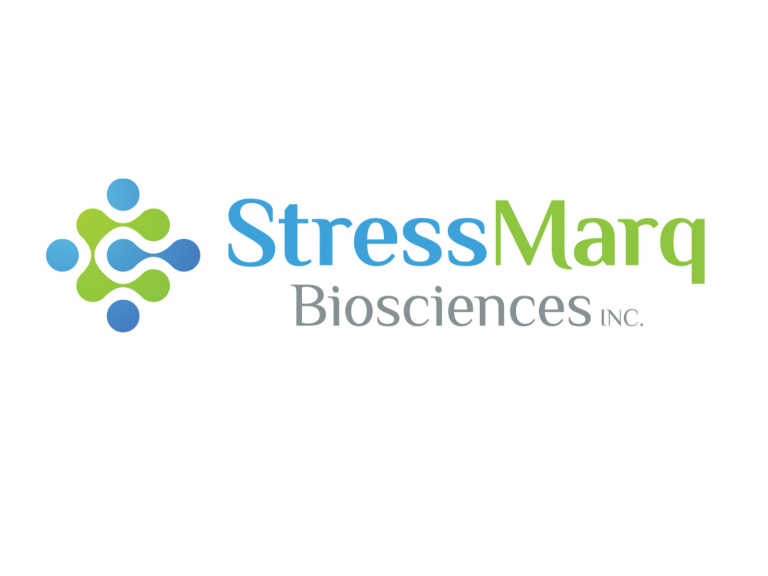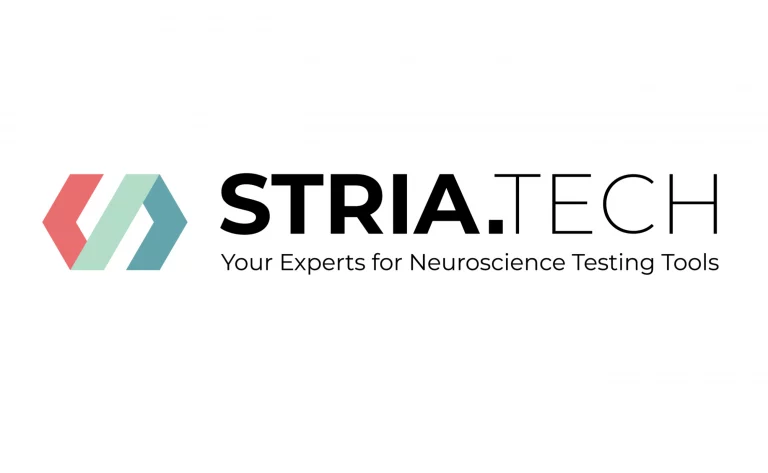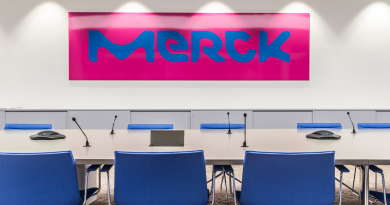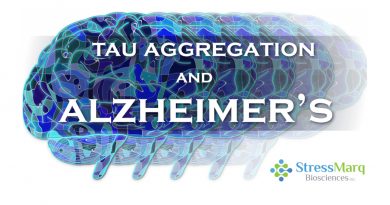Takeda Inks $2.2 Billion License Deal for AC Immune’s Alzheimer’s Immunotherapy
Takeda has secured an exclusive global option and license agreement for AC Immune’s promising active immunotherapy targeting amyloid beta for Alzheimer’s Disease, with an upfront payment of $100 million upon closing and eligibility for additional potential milestones of up to approximately $2.1 billion.
Takeda and Swiss biotech AC Immune announced on Monday they have entered into an exclusive, worldwide option and license agreement for AC Immune’s active immunotherapies targeting toxic forms of amyloid beta (Abeta), including ACI-24.060 for the treatment of Alzheimer’s disease.
ACI-24.060 is an anti-Abeta active immunotherapy candidate designed to induce a robust antibody response against the toxic forms of Abeta believed to drive plaque formation and Alzheimer’s disease progression. By inducing plaque clearance and efficiently inhibiting plaque formation in the brain, ACI-24.060 has the potential to delay or slow Alzheimer’s disease progression. ACI-24.060 is being investigated in the ongoing ABATE randomized, double-blind, placebo-controlled Phase 1b/2 trial to assess the safety, tolerability, immunogenicity and pharmacodynamic effects of the investigational immunotherapy in subjects with prodromal Alzheimer’s disease and in adults with Down syndrome.
Dr. Andrea Pfeifer, CEO of AC Immune said:
“As pioneers in the field of active immunotherapy, we are developing an innovative approach that could change the treatment paradigm for Alzheimer’s disease and address the multifaceted burden that patients and the broader community face. We believe the maximum impact of ACI-24.060 can best be realized by partnering with Takeda at this critical juncture in its development, which will help us move rapidly into Phase 3. This agreement allows us to leverage the developmental expertise, strategic vision and financial capacity of an accomplished organization that has demonstrated its ability to execute the type of comprehensive global program required for Phase 3 trials in Alzheimer’s disease while allowing us to focus on completing Phase 1b/2 development and accelerating our efforts to replicate this success with enhanced funding for our early-stage pipeline.”
AC Immune will be responsible for completing the ABATE trial. Following option exercise, Takeda would conduct and fund all further clinical development and be responsible for all global regulatory activities as well as worldwide commercialization.
Sarah Sheikh, M.Sc., B.M., B.Ch, MRCP, Head, Neuroscience Therapeutic Area Unit and Head, Global Development at Takeda, stated:
“At Takeda, we are committed to tackling some of society’s most debilitating illnesses, including Alzheimer’s disease. We are excited to partner with AC Immune on this ground-breaking treatment approach, which leverages novel technology with the potential to offer patients a treatment with differentiated efficacy, safety and ease of administration. Combining AC Immune’s deep experience with active immunotherapy approaches with Takeda’s expertise in neuroscience drug development and commercialization, we have an incredible opportunity to deliver real impact to the Alzheimer’s community.”
Under the terms of the agreement, AC Immune will receive an upfront payment of $100 million and be eligible to receive an option exercise fee and additional potential development, commercial and sales-based milestones of up to approximately $2.1 billion if all related milestones are achieved over the course of the agreement. Upon commercialization, AC Immune will be entitled to receive tiered double-digit royalties on worldwide net sales.
Further details related to the agreement are available in the Form 6-K filed by AC Immune with the U.S. Securities and Exchange Commission (SEC). The effectiveness of Takeda’s license following option exercise is subject to the termination or expiration of any applicable waiting periods under the Hart-Scott-Rodino Act.
About AC Immune’s anti-Abeta active immunotherapy candidate ACI-24.060
The ABATE randomized, double-blind, placebo-controlled Phase 1b/2 trial of ACI-24.060 for treatment of Alzheimer’s disease (AD) continues fully blinded (NCT05462106). Enrolled patients are required to have a diagnosis of prodromal AD: MCI due to AD according to the National Institute on Aging Alzheimer’s Association (NIA-AA) criteria, and a PET scan at screening must be consistent with the presence of amyloid pathology. Patients will be randomized to one of several doses of ACI-24.060 or placebo. Following multiple data safety monitoring board (DSMB) reviews, no safety concerns have been raised to date, consistent with previous results. Immunogenicity of the immunotherapy is encouraging with clear evidence of anti-Abeta antibody responses against toxic Abeta species observed in the blinded data. The six-month Abeta positron emission tomography (PET) imaging results are expected in Q2 2024, and the 12-month Abeta PET data are expected in Q4 2024.
For more information, visit www.takeda.com
Recommended Companies
More Headlines

